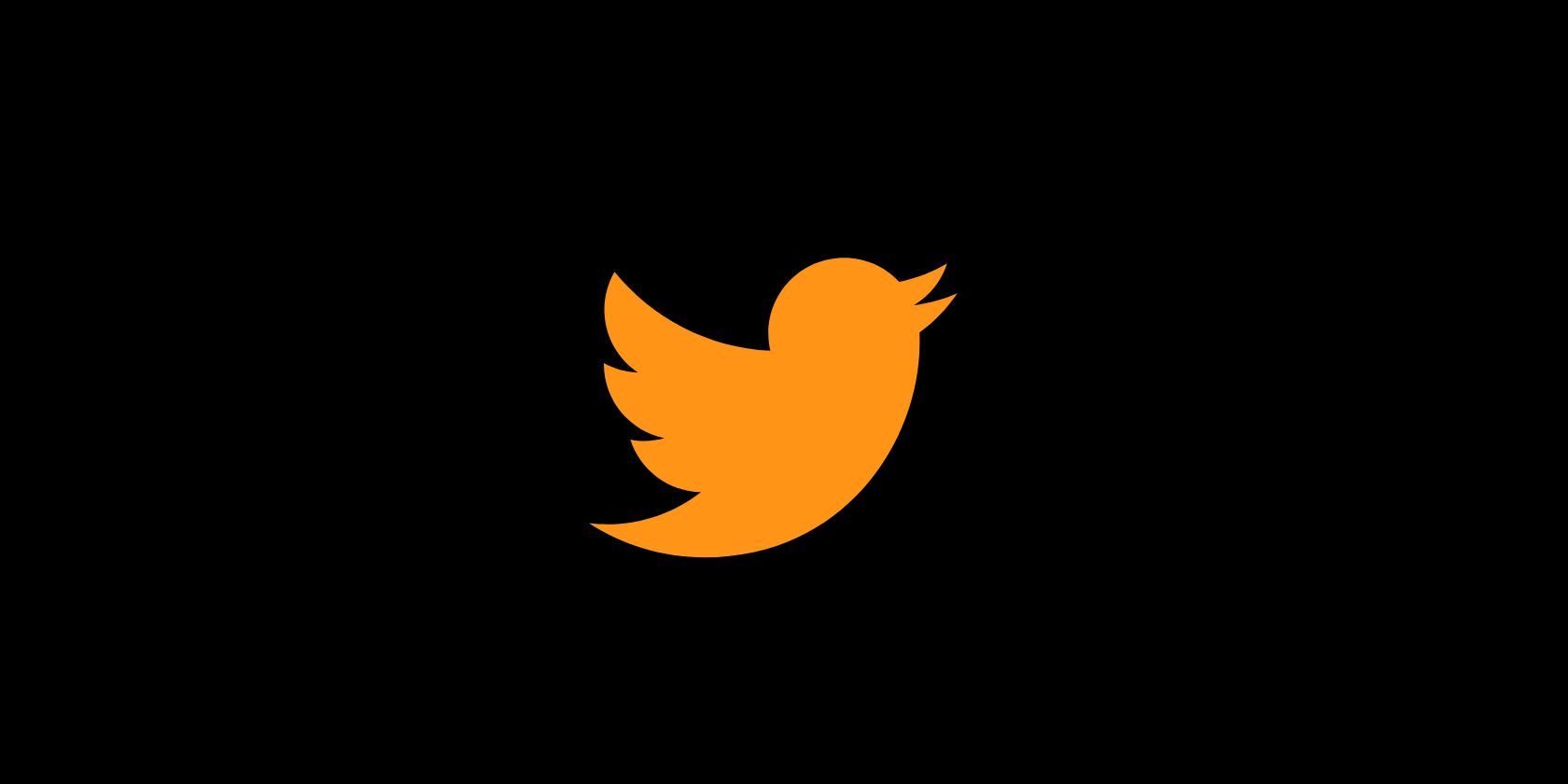Türbanlı Sotwe Twitter - Exploring Online Content Connections
- Online Content Discoveries and Specific Terms
- How Do Tools Like Sotwe Help with Türbanlı Sotwe Twitter Content?
- What Sort of Online Profiles Are Mentioned in Relation to Türbanlı Sotwe Twitter?
- Are There Different Platforms Involved in Türbanlı Sotwe Twitter Discussions?
- Geographic Connections and Türbanlı Sotwe Twitter Searches
- What Does Sotwe Do as a Twitter Aide?
- Why Might Some Online Content Be Inaccessible Around Türbanlı Sotwe Twitter?
- Understanding Online Content References
When we look at the vast expanse of the internet, it’s almost like a huge library where all sorts of information and content live, some of it quite specific, too. We often find ourselves searching for particular things, and sometimes, those searches lead us to very distinct terms, such as "türbanlı sotwe twitter." This phrase, you know, seems to point to a particular kind of online content that has been mentioned in various places across the web. It's a bit like finding a unique section in that big library, one that deals with a very particular subject matter.
Platforms like Twitter, of course, act as major hubs for sharing and discovering all sorts of content, from daily updates to specialized discussions. And then, there are tools, apparently, that help people navigate these platforms, making it easier to find or even save what they are looking for. These tools, in a way, shape how individuals interact with the information flow, allowing for a more focused approach to content gathering. So, the way these platforms and tools work together really influences what gets seen and how it is accessed.
The information we have suggests that the term "türbanlı sotwe twitter" is connected to a specific and often discussed niche within the online content landscape. This niche, in some respects, appears to involve content that some might consider adult-oriented and, quite frankly, a bit controversial. It’s important to look at how these references pop up in search results and on social media, giving us a picture of what people are looking for or sharing in this particular corner of the digital world.
Online Content Discoveries and Specific Terms
When people look for things online, they often use very specific words, and sometimes, these words bring up content that is quite particular. For example, the text mentions a name, Aysu, in connection with a Twitter profile. This profile, it seems, is linked to something called "ifşa," which basically means exposure or leaked content. And this connection is also tied to "Sotwe," which we will talk more about later, but it appears to be a tool or platform that helps with viewing or getting content from Twitter. So, you know, when these names and terms come together, they create a very specific kind of search result, pointing to a particular type of content that some people are looking for or sharing online.
There's also a mention of "Esra," another name, which is associated with what sounds like a private group on Telegram, with a good number of people subscribed. This group is described with some intense emojis, suggesting the nature of its content. It's almost like a private club where specific content is shared, and the reference to "aturbanlilar" on Twitter suggests a broader presence for this kind of material on that platform. The very clear statement that "ifşa türbanlı sotwe" refers to a specific and often controversial niche within online adult content really helps us understand what we are talking about here. It's a pretty direct way of saying what this content area is all about, and it highlights its potentially sensitive nature.
Other mentions include a Twitter profile called "Turbanli hastasi at turban3463," which is also linked with "Sotwe." This profile, apparently, shows up in search results, particularly on Yandex, where thousands of results were found for "türbanlı sokak." This suggests a widespread presence of this type of content across various search engines and social media platforms. It's interesting to see how these different pieces of information, you know, start to connect, painting a picture of how this content circulates and where it can be found online.
How Do Tools Like Sotwe Help with Türbanlı Sotwe Twitter Content?
So, what exactly is Sotwe, and how does it fit into all of this? Well, the text gives us a pretty clear idea. It’s described as a tool, a web viewer and downloader for Twitter. This means it helps people look at content on Twitter and, if they want to, save it. It’s almost like a handy assistant for anyone who uses Twitter a lot. You know, whether someone is just watching those incredibly popular cat videos or gathering material for some kind of project, Sotwe is presented as a very helpful companion for getting things done on Twitter. This sort of tool, in a way, can make a big difference in how easily people can access and keep online information.
The fact that Sotwe is mentioned so frequently alongside terms like "türbanlı" and "ifşa" suggests that it is, apparently, a commonly used method for accessing or managing this specific kind of content. It’s not just a general Twitter tool; its repeated appearance in these particular contexts indicates a specific application. This really highlights how specialized tools can become intertwined with very particular online communities or content types. It's like having a key that fits a very specific lock, making certain kinds of content more readily available to those who seek it out.
The utility of such a tool, you know, extends to various aspects of online content interaction. It’s about more than just casual browsing; it seems to be about facilitating a more direct way of interacting with content that might be otherwise harder to access or save. This capability to view and download, in some respects, empowers users to curate their own collections of online material, whatever that material might be. It really shows how technology shapes the way we consume and interact with digital information, making some processes a bit simpler.
What Sort of Online Profiles Are Mentioned in Relation to Türbanlı Sotwe Twitter?
The information we have points to several online profiles that are connected to the "türbanlı sotwe twitter" phrase. We hear about a Twitter profile belonging to someone named Aysu, which is linked to "ifşa" content. Then there’s Esra, who has a Telegram group with thousands of subscribers, and this group is described with some pretty intense emojis, suggesting its content. These are specific individuals or accounts that are, apparently, part of this online landscape. It’s like these names act as markers, pointing to particular sources of content within this niche.
Another profile that comes up is "@aturbanlilar," which is described as having "the latest posts." This suggests it might be a source for new or updated content within this area. And then, there’s "@turban3463," also a Twitter profile, associated with "Turbanli hastasi." This profile is mentioned alongside "Sotwe" and appears in search results for "türbanlı sokak." It's interesting how these different account names, you know, are all part of this larger web of content.
Finally, the text also mentions "Yerli türbanlı (@yerliturbanlila)," another Twitter account that someone might want to look at. This simply adds another piece to the puzzle, indicating that there are multiple accounts and sources contributing to or distributing this kind of content. So, it’s not just one or two places; it seems to be a network of profiles that are involved in sharing this specific material.
Are There Different Platforms Involved in Türbanlı Sotwe Twitter Discussions?
Yes, it seems there are a few different platforms where this kind of content and discussion takes place, beyond just Twitter. While Twitter is clearly a central point, given the name "türbanlı sotwe twitter," other platforms are mentioned as well. For instance, there's a reference to a Telegram group connected to "Esra," which has a good number of subscribers. This suggests that Telegram, a messaging app known for its group chat features, is also a place where this content is shared, perhaps in more private or closed communities. It’s like a different kind of gathering spot for similar interests.
Beyond social media and messaging apps, search engines also play a big part. The text repeatedly mentions Yandex, which is a search engine, showing thousands of results for terms like "türbanlı sokak" and "Kütahya türbanlı +sotwe." This indicates that people are actively searching for this content, and search engines are indexing it. It’s almost like the search engines are the discovery points, leading people to where this content might be found.
Furthermore, there are mentions of YouTube and TikTok. For example, one snippet talks about "twitter kapalı türbanlı güzelleri" and then references YouTube and TikTok, with specific dates and view counts. This shows that video platforms are also involved in the circulation of this content. So, it's not just text or images; it seems that video material is also part of this specific online niche. This really highlights how this content, you know, spreads across many different types of digital spaces.
Geographic Connections and Türbanlı Sotwe Twitter Searches
It's quite interesting to see how geographic names can pop up in these kinds of online searches, adding another layer to the discussion around "türbanlı sotwe twitter." For example, the text specifically mentions "Kütahya türbanlı +sotwe" in connection with Yandex search results, where thousands of findings were noted. This suggests that some of these searches, or perhaps the content itself, might be tied to specific locations. It's almost like people are looking for content that has a local connection, or content that originates from a particular place.
The inclusion of a city name like Kütahya, you know, might indicate a localized interest or even a source of content that is specific to that area. This is a common pattern in online searches, where people often add location modifiers to find more relevant or specific information. It makes the search results a bit more targeted, helping people find what they are looking for within a particular geographical context.
The repeated mention of "turbanli hastasi at turban3463 twitter profile sotwe + sotwe türbanlı sokak — yandex:found 3 thousand results" also reinforces the idea that these searches are quite active and yield a significant number of results. Whether it's a general search or one with a geographic tag, the sheer volume of results found on Yandex for these terms points to a considerable amount of related content available online. It really gives us a sense of the scale of this particular niche.
What Does Sotwe Do as a Twitter Aide?
Let's circle back to Sotwe itself, because the text gives us a very clear description of its function. It’s called the "ultimate twitter web viewer and downloader." This means it’s a tool that helps people look at content on Twitter through a web interface, and also lets them save that content to their own devices. It’s like a specialized browser extension or a standalone application that makes interacting with Twitter content a bit more flexible.
The text provides a couple of examples of how someone might use such a tool. It says, "if you’re watching cat videos on the internet or gathering content for an upcoming campaign sotwe is the ultimate twitter aide." This really highlights the versatility of Sotwe, suggesting it can be used for a wide range of purposes, from casual entertainment to more organized content collection. It's a very practical kind of tool, apparently, for anyone who needs to interact with Twitter content beyond just scrolling through their feed.
So, in essence, Sotwe acts as a helper, a kind of assistant for Twitter users. It makes the process of viewing and acquiring content from the platform much simpler. This function is important because it enables users to manage their digital content more effectively, whether they are just enjoying things or trying to save specific items for later use. It really shows how tools can make online platforms, you know, even more functional for individual needs.
Why Might Some Online Content Be Inaccessible Around Türbanlı Sotwe Twitter?
Sometimes, when you try to access certain parts of the internet, you might run into a message that says, "We would like to show you a description here but the site won’t allow us." This is a pretty common message, and it means that for some reason, the content you are trying to reach is not available to you. There could be many reasons for this, and it’s something that happens a lot on the web. It's almost like a locked door, you know, preventing you from seeing what's inside.
In the context of "türbanlı sotwe twitter" and the specific types of content being discussed, such a message could mean a few things. It might be that the content is private, perhaps part of a closed group or an account that has restricted access. Social media platforms often allow users to make their profiles or posts visible only to certain people. Or, it could be that the content has been taken down, either by the user who posted it or by the platform itself due to policy violations. This happens quite often, as platforms work to manage the content shared on their sites.
Another possibility is that there are regional restrictions, where certain content is not available in all parts of the world. Or, it could simply be a technical issue, a temporary problem with the website or server. Whatever the reason, when you see a message like this, it essentially means that the information you are looking for is not currently accessible through that particular link or pathway. It really highlights how content availability, you know, can be quite variable online.
Understanding Online Content References
When we look at all these different pieces of information together, from specific Twitter profiles to search engine results and mentions of various platforms, it helps us build a picture of how certain types of content exist and are accessed online. The phrase "türbanlı sotwe twitter" acts as a kind of focal point, connecting all these different elements. We see names like Aysu and Esra, tied to "ifşa" content and private groups. We also see specific Twitter handles like "@aturbanlilar" and "@turban3463," which appear to be sources or hubs for this material.
The role of search engines, particularly Yandex, is also quite clear, showing thousands of results for related terms, sometimes even with geographic connections like "Kütahya." This really underscores how people are using search to find this content. And then, there’s Sotwe, described as a Twitter helper for viewing and downloading, which seems to be a key tool in this ecosystem. It's interesting how all these different components, you know, come together to form a specific online landscape.
Finally, the mention of other platforms like Telegram, YouTube, and TikTok shows that this content isn't confined to just one place; it spreads across various digital spaces. This gives us a broader sense of its reach and how it circulates among different online communities. Overall, the provided text offers a snapshot of how a particular niche of online content, often described as controversial, is referenced and found across different parts of the internet, using various tools and platforms.
- Uncut Maza Series
- Joko Diaz Death
- Tiktok Follower Bot
- Incest Confessions
- Sotwe %C3%A7%C4%B1lg%C4%B1n

What Is Twitter's Verified Organizations Subscription?

Türbanlı mine sex (@Minesex1) / Twitter

Türbanlı mine sex (@Minesex1) / Twitter